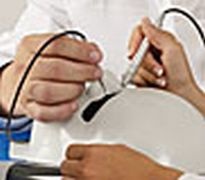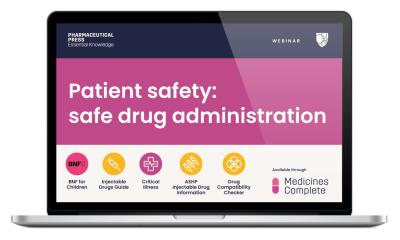Ophthalmology - Surgical simulators
Czech Republic - Two unique ophthalmic simulators are in use at the Motol Faculty Hospital, Prague.

PixEyes, manufactured by the French firm SimEdge, provides tools and software; Eyesi - an ophthalmo-surgical simulator developed by Dr Marcus Schill, of Manheim, Germany – provides intra-ocular surgery training.
The simulators cost about five million CZK, and Motol is the only healthcare institution in Central and Eastern Europe (CEE) to have them. ‘Both devices, aimed at further ophthalmologic education of our specialists, have been temporarily leased by the hospital for two years. Financing comes wholly through an EU programme,’ explained hospital spokesperson Eva Jurinova. ‘The computer system is open, offering the prospect of adding one’s own patient cases and examples of diagnoses and treatments into the system.’
PixEyes is primarily designed for the correct treatment of retinal disorders; Eyesi provides different features on how to perform ‘lege artis’ surgical procedures on both the retina and vitreous body.
Dr Odehnal, head of the ophthalmology clinic, added: ‘This is a kind of small revolution, because we’ve never had anything similar here before. Until now, our students had to attend theoretical sessions, see video-projections, and then perform the practical part of the operations on pigs’ eyes. Now they can experience the full scope of surgery on a PC, as it was in a real world.’
Both devices are controlled by advanced computer technology that records and assesses all the moves and decisions made by a student when performing surgery on a virtual eye. The courses run in two-week cycles; 20 students have already passed the exams.
Source: Czech Press
17.11.2006





